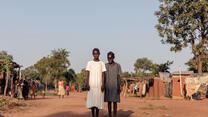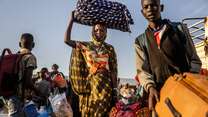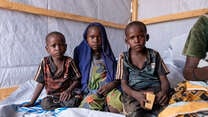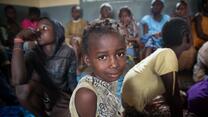The International Rescue Committee and its aid workers are firsthand witnesses to the dire effects this crisis is having on the people of South Sudan. With 25 years of experience working in South Sudan—both before and after independence—and a longstanding presence in some of the hardest hit areas of the country, the IRC is able to provide on-the-ground evidence and informed policy recommendations that if implemented will save lives and improve conditions for millions of people.
This report focuses on the needs of the 1.4 million people who have been displaced by violence inside South Sudan and the more than 455,000 refugees who have fled South Sudan for neighboring countries. It also examines the special problems confronting host communities in South Sudan and in neighboring countries that have taken in refugees. Finally, the report offers proposals for responding to this crisis in ways that will help the international community avoid the mistakes of the past. In many other crisis settings, the IRC has seen how easily the weakest and most vulnerable displaced people—women, children, people with disabilities, the elderly and members of minority groups—can be ignored and overlooked. The IRC has also seen how a lack of planning to avert the long-term consequences of displacement can leave people living in limbo for decades without any hope for the future. Taking those lessons into account, the report offers initiatives and proposals for managing the South Sudan displacement crisis–proposals that can be built upon and implemented elsewhere.
Author: Melanie Teff/IRC



